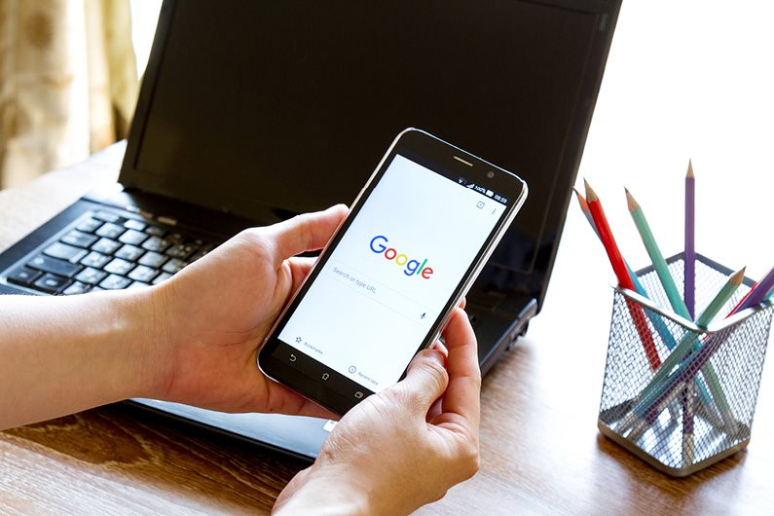If you have a work that is protected under copyright law, and you discover that someone else is using that material without your permission or is using something extremely similar, your first thought is likely “how do I get them to stop?” You may try reaching out to that person. For copyright issues on social media, many owners try publicly and privately messaging the person or business who is copying them. Offline, you may try an email or formal letter. When none of that works, your next thought may be about filing a copyright lawsuit. However, whether or not you can and should file a lawsuit depends on a number of factors.
Copyright basics
A copyright is a legal protection for the author of a work that is fixed in a tangible medium of expression. This protection ensures the creators of new and unique works can protect their creations. Copyright encompasses a wide range of works, including literature, drama, music, and art. However, it does not offer legal protection for facts, ideas, systems, or orders of operations. Without copyright, anyone and everyone would be able to copy other people and business’s works and profit off of them.
Copyright infringement
When you are the creator and owner of a copyrighted work, you have exclusive rights to that work. This means you get to decide:
- Who can reproduce that work;
- Who can create derivative works based on the original;
- When copies can be sold to the public;
- When the original can be sold, leased, or lent; and
- When the work can be displayed or performed in public.
When another person or business violates your exclusive rights to your work, this is known as copyright infringement. It may or may not give you the right to file a lawsuit against the other party and pursue a legal remedy to the situation.
Did you register your copyright?
Whether or not you can file a valid copyright infringement lawsuit depends on whether you have registered your work with the U.S. Copyright Office.
“In Fourth Estate Public Benefit Corp. v. Wall-Street.com, the U.S. Supreme Court held that, except in limited circumstances allowed by a state, a claimant may only commence a copyright infringement lawsuit after the Copyright Office registers the copyright—not after just submitting the application for registration,” says attorney Michael J. Allen of Carruthers & Roth, P.A. “Based on this March 2019 decision, anyone filing suit for copyright infringement can expect to have their infringement claims dismissed if they can’t establish the U.S. Copyright Office has rendered a final decision on issuance of a registration of the work alleged to have been infringed.”
Should you file a copyright lawsuit?
Whether or not you should file a lawsuit for copyright infringement depends on your circumstances. “There is no one-size-fits-all answer,” Allen says. “The short answer is that filing a copyright infringement lawsuit is a good idea when the copyright owner has not been able to satisfactorily resolve the dispute with the defendant without filing suit, and the copyrighted work and other interests involved are sufficiently important to the owner that suit is a good option.”
Consider the steps you have taken to fix the situation before jumping to file. “You may find out that simply negotiating a license fee is far cheaper and less invasive than a lawsuit could be,” says attorney Tara Aaron, CIPP/US, CIPP/E, of Aaron|Sanders PLLC.
Whether or not a lawsuit is financially viable is an important question also. A copyright lawsuit can take years and a significant amount of financial resources. You need to discuss with a lawyer whether the remedy and potential compensation from the lawsuit will be more than the cost of pursuing judgment.
This depends on much compensation can you realistically pursue. “If the copyright is registered before the infringement starts or within 3 months of when the work is published, then you can elect statutory damages,” says Aaron. “This means you don’t have to prove how much you were actually harmed, and the statutory damages can go up to $150,000 per work in particularly outrageous cases.”
If you cannot seek statutory damages, and you have not suffered considerable financial losses due to the infringement, litigation may be too costly.
“I have seen many hollow victories where the copyright owner has established infringement but has spent far more in litigation costs than the amount of damages awarded, or where the defendant is judgment proof because they do not have sufficient assets to satisfy the judgment,” Allen warns.
The potential cost of a copyright lawsuit should not automatically dissuade you when you have a valid claim. However, it is an important factor and a good reason to talk with a lawyer first.
 By Victoria Langley,
By Victoria Langley, 

